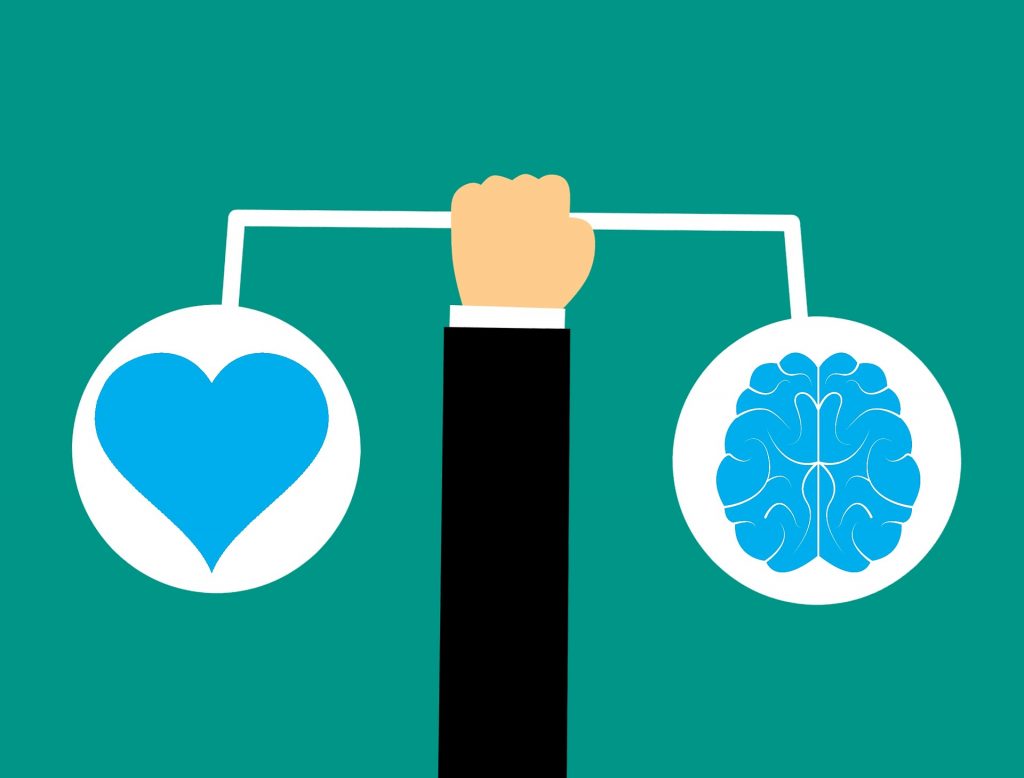
The importance of emotional intelligence in addiction recovery
04 June 2020
(5 ways to develop your emotional intelligence)
Substance abuse or addiction is the dependency of a drug or other substance that leads to a deterioration in the physical and mental health of the person who uses it, or the well-being of others. The importance of emotional intelligence has been linked to addiction recovery and we know that long-term improvement is impacted by the level of emotional intelligence attained. That is why it is imperative that during recovery 5 emotional intelligence skills are developed:
1. Self-awareness
It is essential to learn to recognize emotions and try to understand what you feel. What is underneath your emotions? It is important not to get locked into thinking “that’s how I am” and ask yourself why you do the things you do.
2. Self-regulation
Being able to recognize emotions is the first step to self-regulation. Self-regulation is essential to maintain emotional stability. The first step is to ask yourself if you will feel the same intense emotions in a month, for example; is this important enough to bother me in a month?
3. Empathy
Substance addictions require a lot of emotional energy and it’s easy to forget about others, but being empathic helps stop self-pity. Most people focus on themselves and their problems. However, when we make an effort to see how others have problems, we tend to feel less self-pity and this helps us connect with others.
4. Social ability
Emotional intelligence also includes social abilities like assertive communication. Communicating in an assertive way that shares ideas directly and respectfully allows us to have better social skills.
5. Motivation
Having internal motivation is essential, as external motivation is not enough to maintain sobriety in the long term. Having a clear idea of the positive impact of sobriety will help you stay focused on working toward what you value and want in life.
At Hallin Mental Care we work on beating addiction and thus, we also work on the development and increase of emotional intelligence to ensure that recovery is long-term with Cognitive Behavioral Therapy.
-Sarah Martinez
Consult your nearest Hallin Mental Care center
Gibraltar (MidTown Clinic)
-
+350 2006 2222
-
gibraltar@hallinmentalcare.com
-
Retail Unit No 1, Ground Level Providence, Midtown, Queensway, Gibraltar, G11 1AA

If you prefer not to call us. Please feel free to use the provided contact form, fill in all the information you can, we will be in contact with you as soon as possible. Best regards.
| Schedule | |
|---|---|
| Monday - Friday | 9:00 - 21:00 |
| Saturday and Sunday | Emergency |


